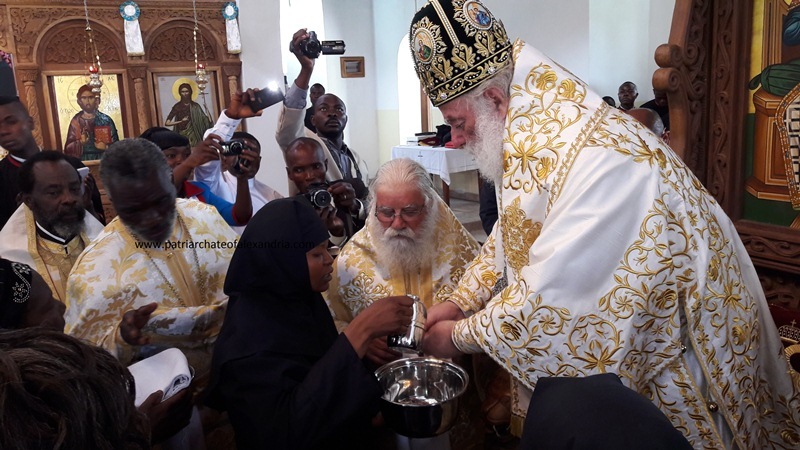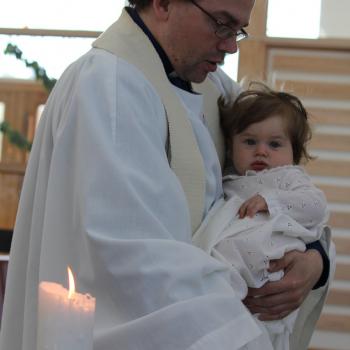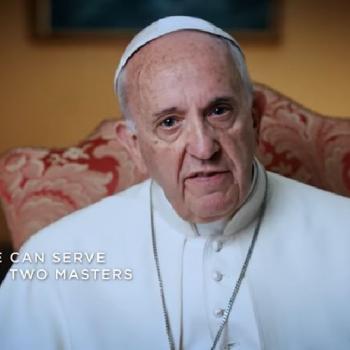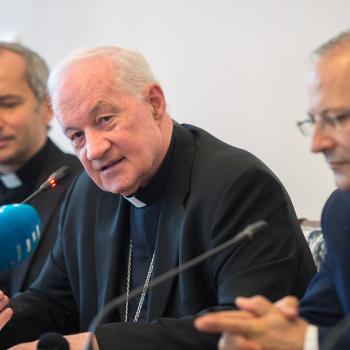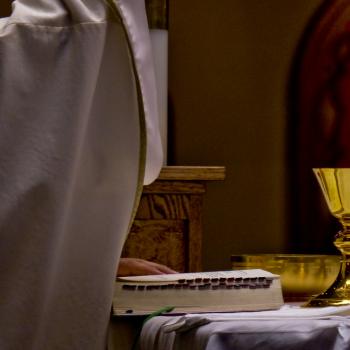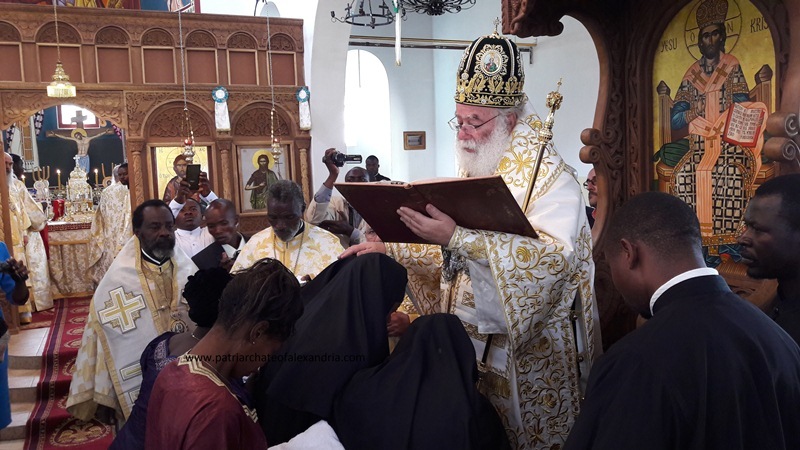
A group of nine Orthodox theologians from theology schools in Greece and the US has issued a strong reminder of the legitimacy and timeliness of restoring the female diaconate. “The historical, theological, canonical, and liturgical validity of the order of deaconess has been attested to time and again in recent years by Orthodox scholars and theologians”, wrote the scholars in a statement published on October 31. Words in support of the decision this year of the Orthodox Patriarchate of Alexandria to reinstate the ancient order of ministry.
“The reinstitution of the female diaconate does not constitute an innovation, as some would have us believe, but the revitalization of a once functional, vibrant, and effectual ministry“, continues the group of experts. A renewal, in other words, that will provide “the opportunity for qualified women to offer in our era their unique and specific gifts in the service of God’s people as publicly commissioned and authorized educators, evangelists, preachers, counselors, social workers, etc”.
The statement issued by the group of Orthodox theologians comes after Theodoros, Pope and Patriarch of Alexandria, ordained five women to the diaconate in the Democratic Republic of the Congo on February 17th of this year. According to the information published at the time by the Alexandrian Patriarchate:
At the end of the Divine Liturgy [of the day] the Primate of the Alexandrian Throne… consecrated the Catechist elder Theano, one of the first members of the Missionary staff in Kolwezi, to “Deaconess of the Missions” of the Holy Metropolis of Katanga and read the prayer for one entering the “ecclesiastic ministry” for three Nuns and two Catechists, in order for them to assist the missionary effort of the Holy Metropolis, particularly in the Sacraments of Baptisms of adults and marriages, as well as in the Catechetical department of the local Church.
“Note that it is the first time in the history of Missions in Africa that these consecrations have been done”. This addendum to the information supplied by the Alexandrian Church is particularly noteworthy, as is the fact that the women are referred to as “deaconesses”, not “sub-deaconesses”. Words these that, as the Orthodox theologian Carrie Frederick Frost suggests in the National Catholic Reporter, seem to indicate the ceremony of installation “blended” elements of a sacramental “ordination” and a ritual “consecration”.

Although the Orthodox theologians in favor of women deacons stresses that much must still be to done to ensure deaconesses are properly received in Churches in which they come to be reinstated, the group does state that “it is refreshing to know that a local Church has taken up the challenge, has studied the matter carefully, and is proposing measures for the implementation of a significant reform… through a prudently conceived program”.
What is particularly interesting both about the February “ordination” and the scholars’ letter, though, is the impact it could have on the Vatican commission still working on the implications of the diaconate of women in early Christianity for the Roman Church today.
More than showing the way to proceed on the narrow questions of the ordained ministry or the participation of women in communities of faith, the decision of the Alexandrian Patriarchate – and the acceptance of it by the other Orthodox Churches – offers at least two lessons of still greater significance to Christianity in the West: those of what a fully-realized synodality and catholicity might look like.
That Alexandria has gone ahead and “consecrated” – at least – these women deacons when other Churches are not ready to take that step is a powerful sign to a Roman Church still figuring out how to maintain unity while respecting the diversity, and autonomy, of local churches.
And that these new deacons, too, come from the peripheries of the global Church – from Africa, and not from the US or Europe, where Orthodox and Catholic Christians have been calling for women in the ordained ministry for decades – is a powerful reminder that Christianity must have a global face if it is to be worthy of the name.
